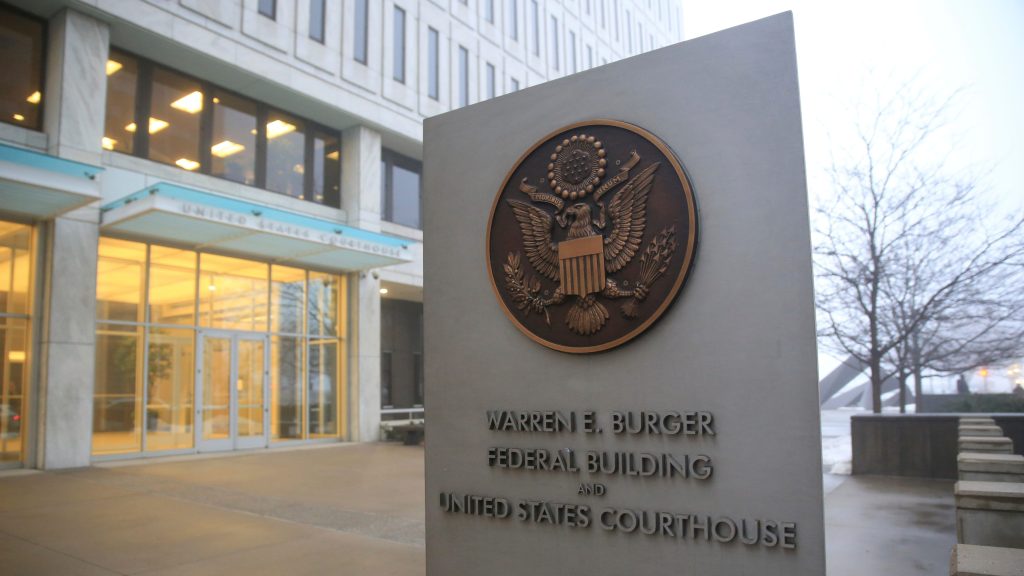T
ariffs have the potential to significantly impact the US housing market. New taxes on imported goods, such as building materials, can lead to higher costs for consumers and businesses alike. This is particularly concerning for individuals looking to buy or build a home.
The situation is complex, with many factors at play. The tariffs imposed by countries like Canada, Mexico, and China could have far-reaching consequences, affecting not only the housing market but also the broader economy.
Inflation is a major concern when it comes to tariffs. When taxes are slapped on imported goods, those costs typically get passed down to consumers. For example, a 25% tariff on building materials from Canada and Mexico, or a 10% tariff on China, could lead to higher home prices or reduced funds for other improvements.
However, the impact of inflation is not always straightforward. The ease with which companies can find substitutes for tariffed goods, currency exchange rates, and broader economic conditions all play a role in determining the effects of tariffs.
The Federal Reserve's response to inflation will also be crucial. Typically, when inflation rises, the Fed raises interest rates to cool things down. However, if the tariffs are seen as a temporary issue, the Fed might not take action. But with inflation still a concern, it's unclear how they will react.
Mortgage rates could remain higher for longer due to the potential impact on inflation and the Fed's response. The bond market's reaction is also key, as it can influence mortgage rates. If the market thinks tariffs are just the beginning, we may see further increases in mortgage rates.
Tariffs won't only affect the overall economy; they'll also hit specific parts of the housing market hard. Construction costs will rise due to higher prices for building materials like lumber from Canada. This could lead to higher prices for new homes or cause builders to scale down their projects, affecting the housing supply and driving up existing home prices.
The US economy is already experiencing a slowdown due to higher interest rates, and tariffs will act as another headwind. If this continues, it will impact employment and lower housing demand.
Key issues at stake include:
* Inflation: Increased costs for goods, potentially leading to higher prices for everything, including housing.
* Mortgage Rates: Likely to remain higher for longer due to the potential impact on inflation and the Fed's reaction.
* Construction: Higher building material costs, potentially increasing new home prices and/or decreasing supply.
* Economic Growth: Risk of slower economic growth due to retaliatory tariffs and lower consumer demand due to inflation.
Overall, I believe these tariffs pose a significant risk to the US housing market. They could lead to higher prices, slower sales, and less new construction. However, the specific details of these policies, along with how the Fed and bond markets react, will play a huge role in determining the outcome.















